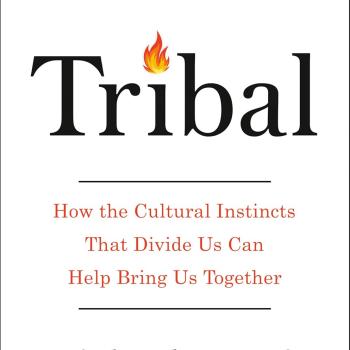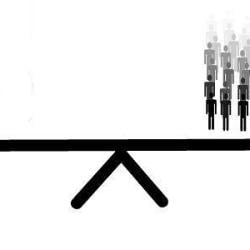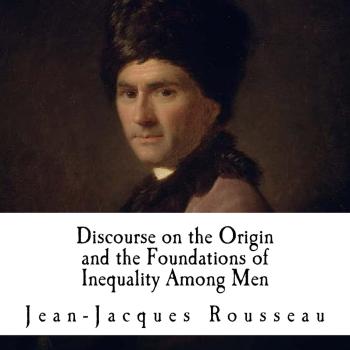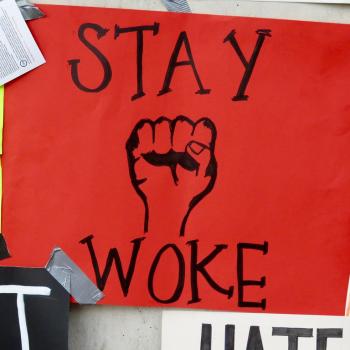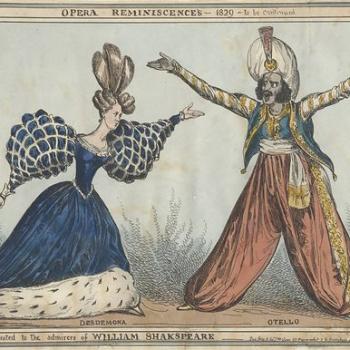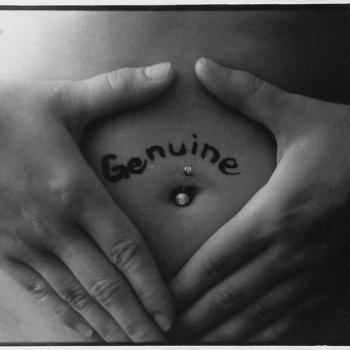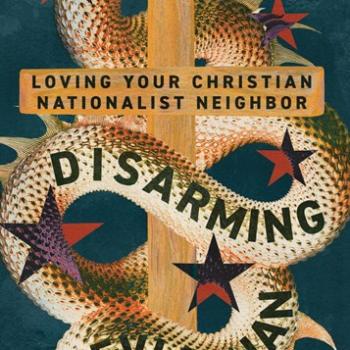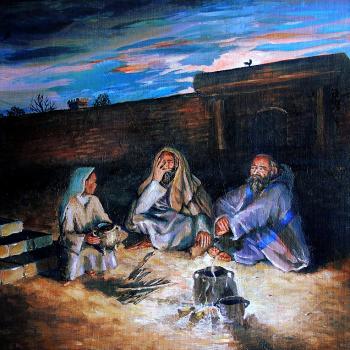Michael Morris’s Tribal: How the Cultural Instincts That Divide Us Can Help Bring Us Together offers penetrating insights into the forces that shape human communities. His book resonates well in today’s society, revealing how our underlying instincts can both fracture and unite us. What about the church though? By examining these instincts—reframed here as prevalence, prestige, and precedence—we see that Morris is fundamentally exploring honor-shame dynamics. (See my first post for an overview of the book.) These concepts provide a... Read more



